Livestock Safe from Poisonous Plants
When raising farm animals how do you ensure that you’re keeping grazing livestock safe from poisonous plants?
When we began our goat grazing/browsing venture, one of the first things I did was research. I wanted to make sure that we knew what the heck we were doing.
Yes, goats are pretty incredible at clearing land. But how do we ensure we are keeping all of our livestock safe?
The last thing any of us want is for our animals to get sick, to suffer, or to possibly die from something that we could have possibly prevented.
Keeping Livestock Safe from Poisonous Plants
Before we go into safety, it’s important to differentiate livestock diets.
Goats and cattle have different diets and preferences. Cattle graze on mostly grass, whereas goats prefer to browse and eat weeds, brush, tree bark, etc. The goats can be rotated in to eliminate most of the undesirable vegetation that the cows have left behind.
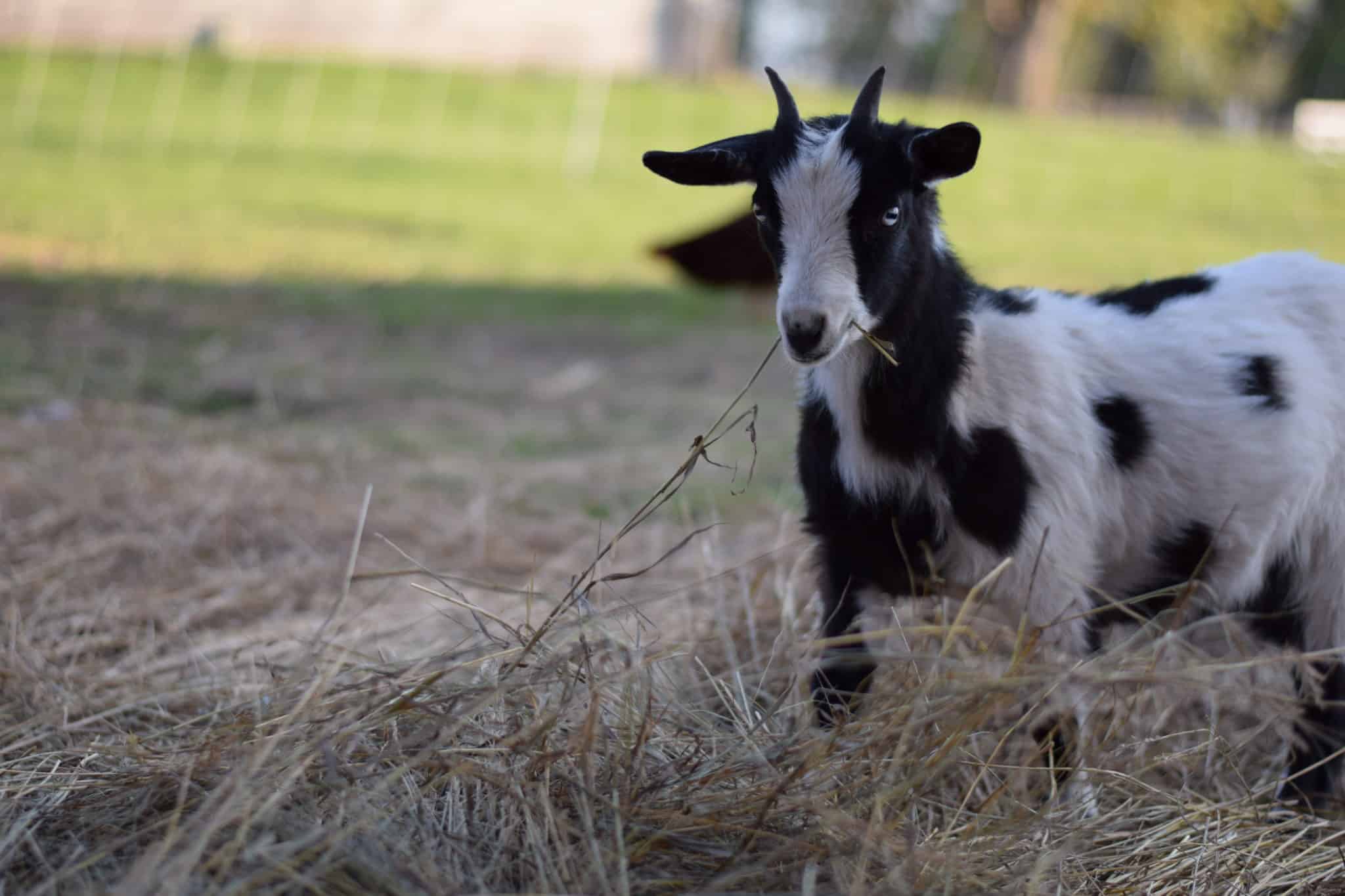
The first step to livestock safety, is to research. Know what is a hazard in your area and then learn how to identify that plant.
Scout the area where you’re to keep your livestock and unsure there aren’t any toxic plants.
Remove plants if you’re able to do so or fence off the area to keep the livestock from entering the area.
Ensure they have access to plenty of fresh water, and salt & mineral.
Want to save this?
This is a good resource for some poisonous plant identification.

What do livestock need to avoid?
Although the goat’s digestive system is similar to that of cattle and sheep, who are “grazers” and eat grass, goats are more related to deer, who are “browsers”.
As browsers, goats are designed to eat and prefer, brush and trees more than grass. It is natural for them to nibble a little here and a little there.
Because of this, even if you have poisonous plants on your property, very often, if they have plenty of “safe” browse, they rarely eat enough bad stuff to cause any real harm.
Here are some plants known to be poisonous to livestock. It is important that these plants are removed prior to livestock browsing on your property:
*note this list is not extensive. It is something I compiled through research. Whenever we are unsure of a plant, we look it up!
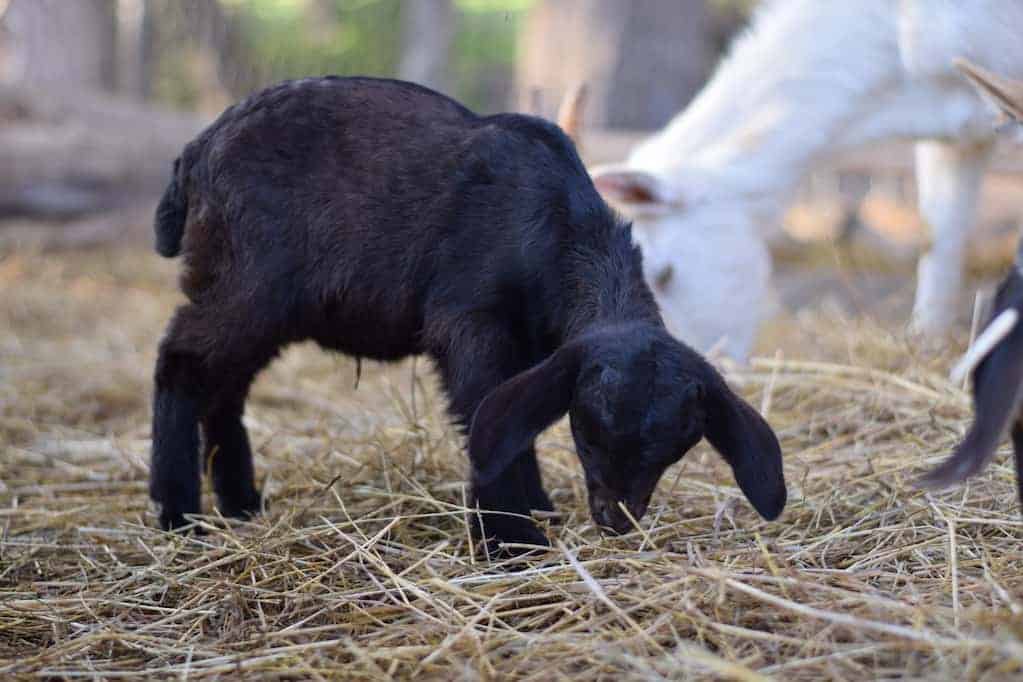
Plants to avoid:
- Boxwood
- Burning Bush berries
- Calotropis
- Cassava (manioc)
- Choke Cherries, wilting especially
- Choke Cherry Leaves in abundance
- Datura
- Dog Hobble
- Euonymus Bush berries
- False Tansy
- Holly Trees/Bushes
- Ilysanthes floribunda
- Japanese pieris (extremely toxic)
- Japanese Yew
- Larkspur- a ferny, flowering plant in shades of blue, pink and white.
- Lasiandra
- Lilacs
- Lily of the Valley (Pieris Japonica)
- Milkweed
- Nightshade- appears on both lists: Ok in moderation.
- Oleander
- Pieris Japonica (extremely toxic)
- Ponderosa Pine
- Red Maples
- Rhododendron
- Rhubarb leaves
- Tu Tu (the Maori name for Coriaria arborea)
- Wild Cherry
- Yew
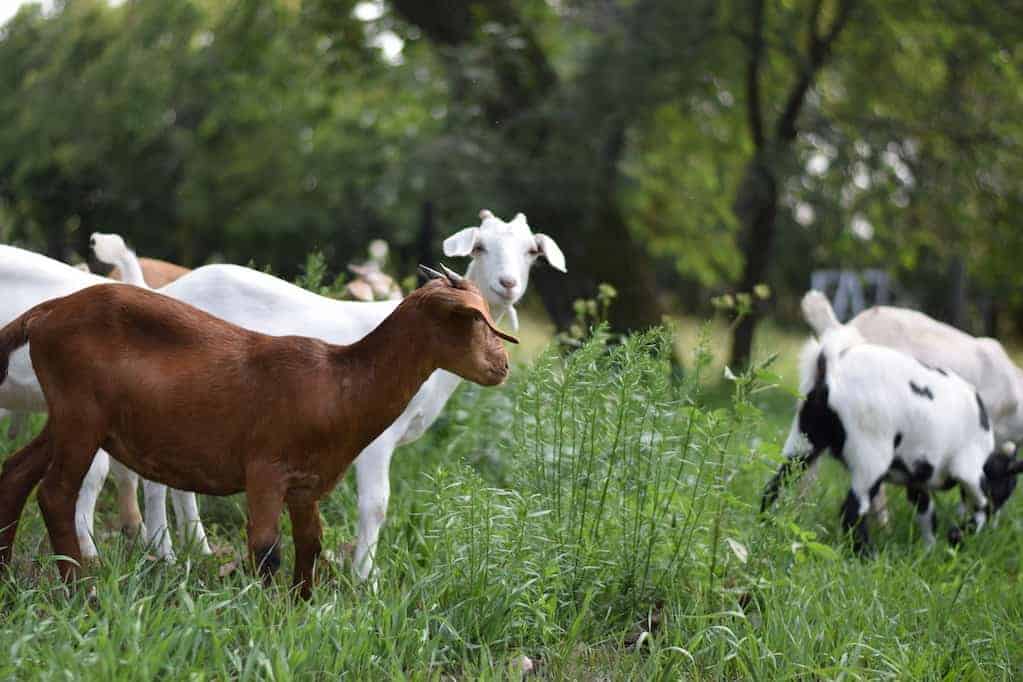
Safe Plants
(because I once thought some of these were toxic, but I was wrong!)
- Acorns (in moderation)
- Blackberry bushes (all parts)
- Cedar Needles (leaves) & Bark
- Clover
- Corn husks & silk
- Cottonwood
- Dandelion
- Douglas Fir
- Elm
- Fescue grass
- Hemlock Trees (which are not the same as the poisonous hemlock, an herbaceous species of plant which is in the carrot family that bears the scientific name “Conium maculatum”)
- Ivy
- Maple Trees, leaves & bark – (goats will readily strip the bark and kill the tree)
- NOT Red Maples (Red Maples can be toxic)
- Marijuana-in moderation
- Mint
- Moss
- Mulberry (entire plant)
- Nettles
- Nightshade – appears on both lists. Ok in moderation.
- Pine Trees
- Poison Ivy
- Poison Oak
- Poplar Trees
- Poison Sumac, the vine
- Rose, all, entire plant (goats loves roses)
- Spruce trees
- Sumac, the tree
- Sunflowers
- Yarrow
- Yucca
- Weeping Willow
- Wild Rose, entire plant (goats loves roses)

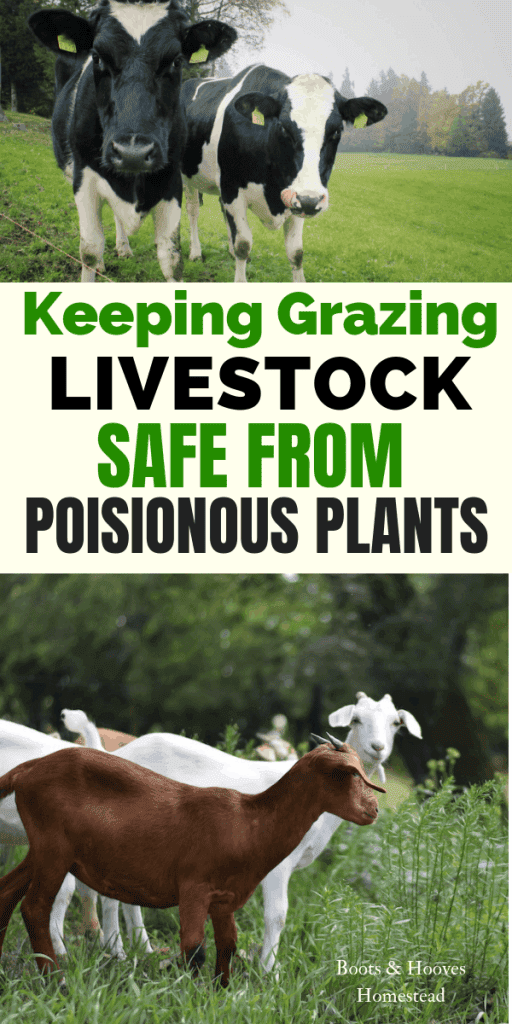
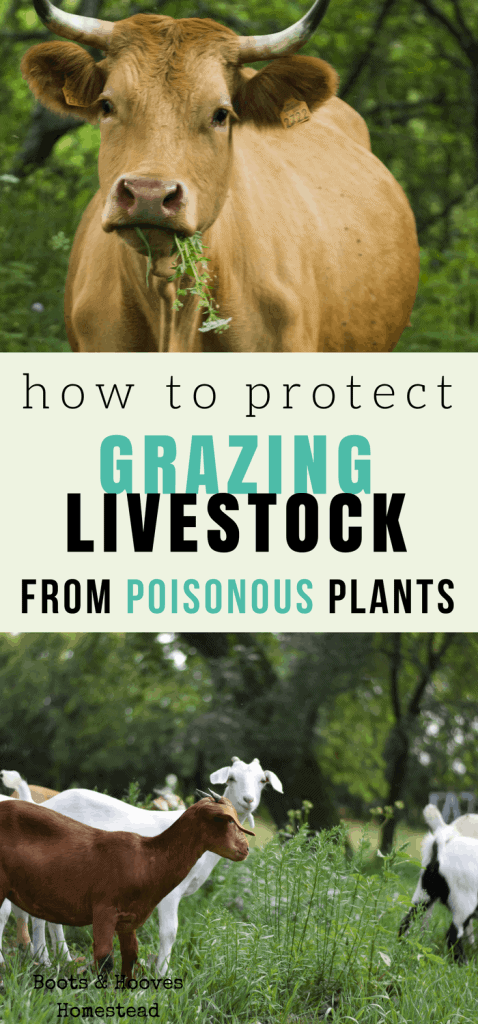

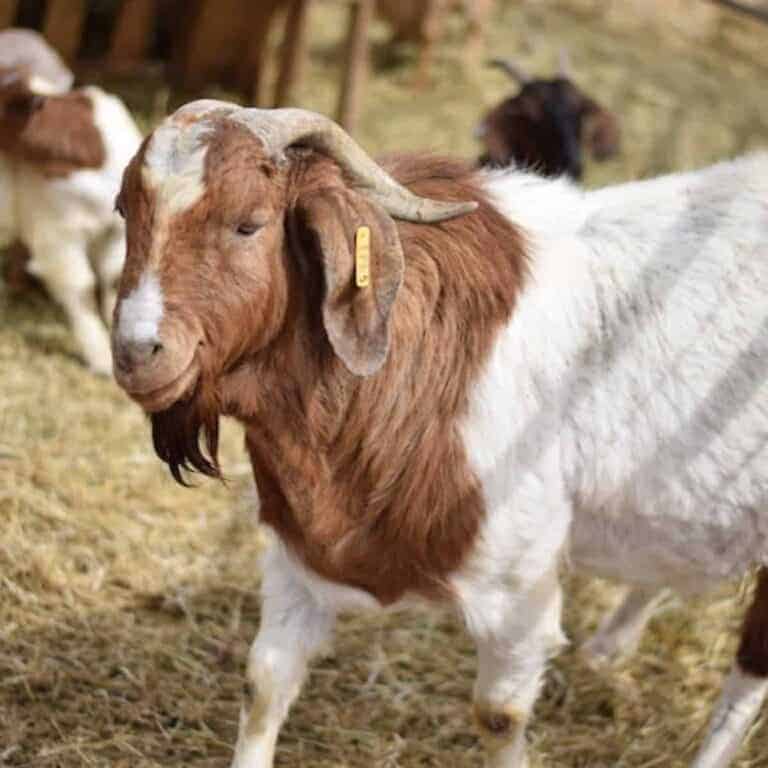
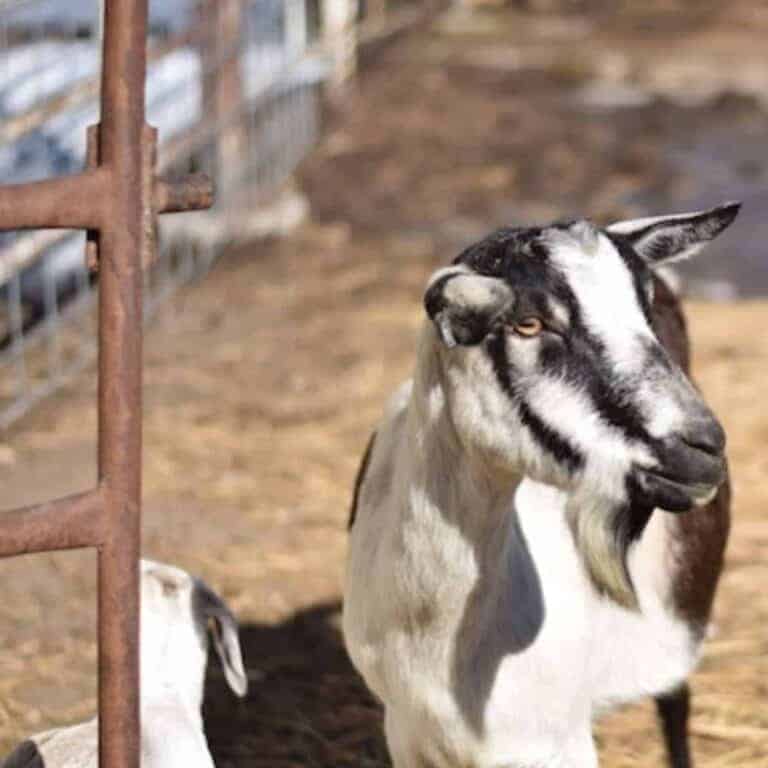
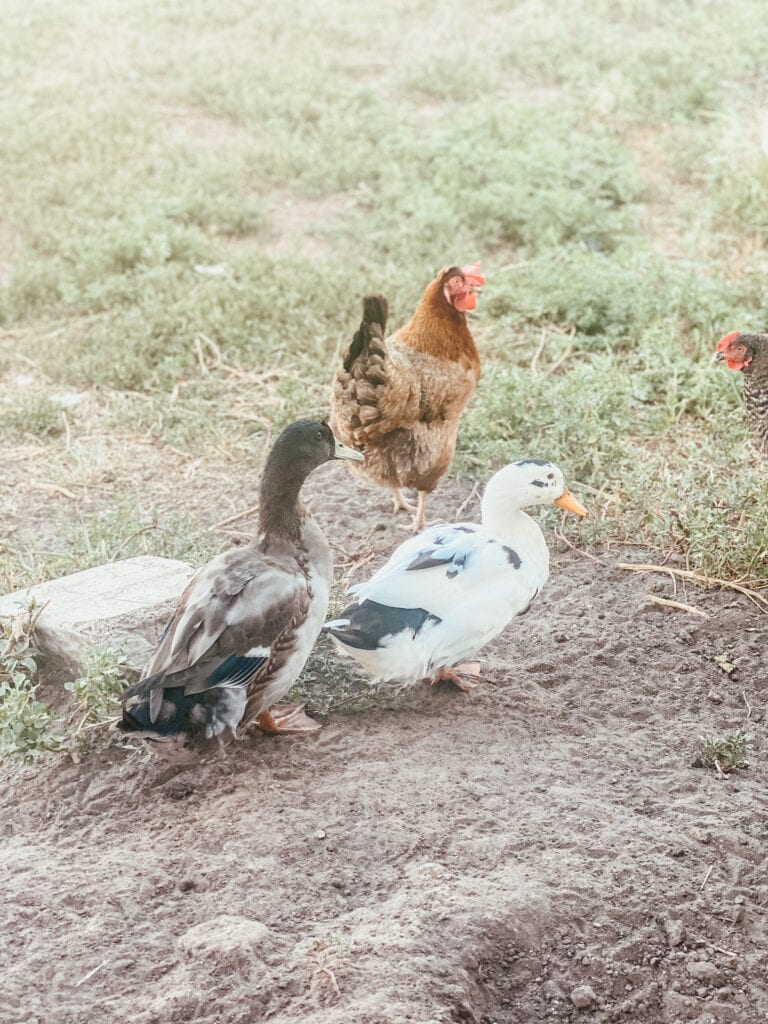
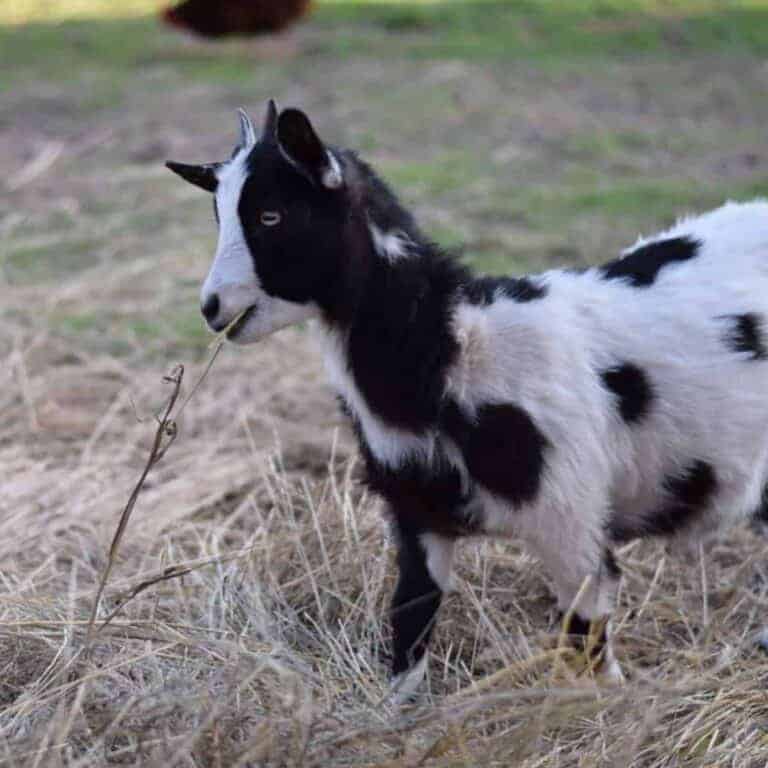
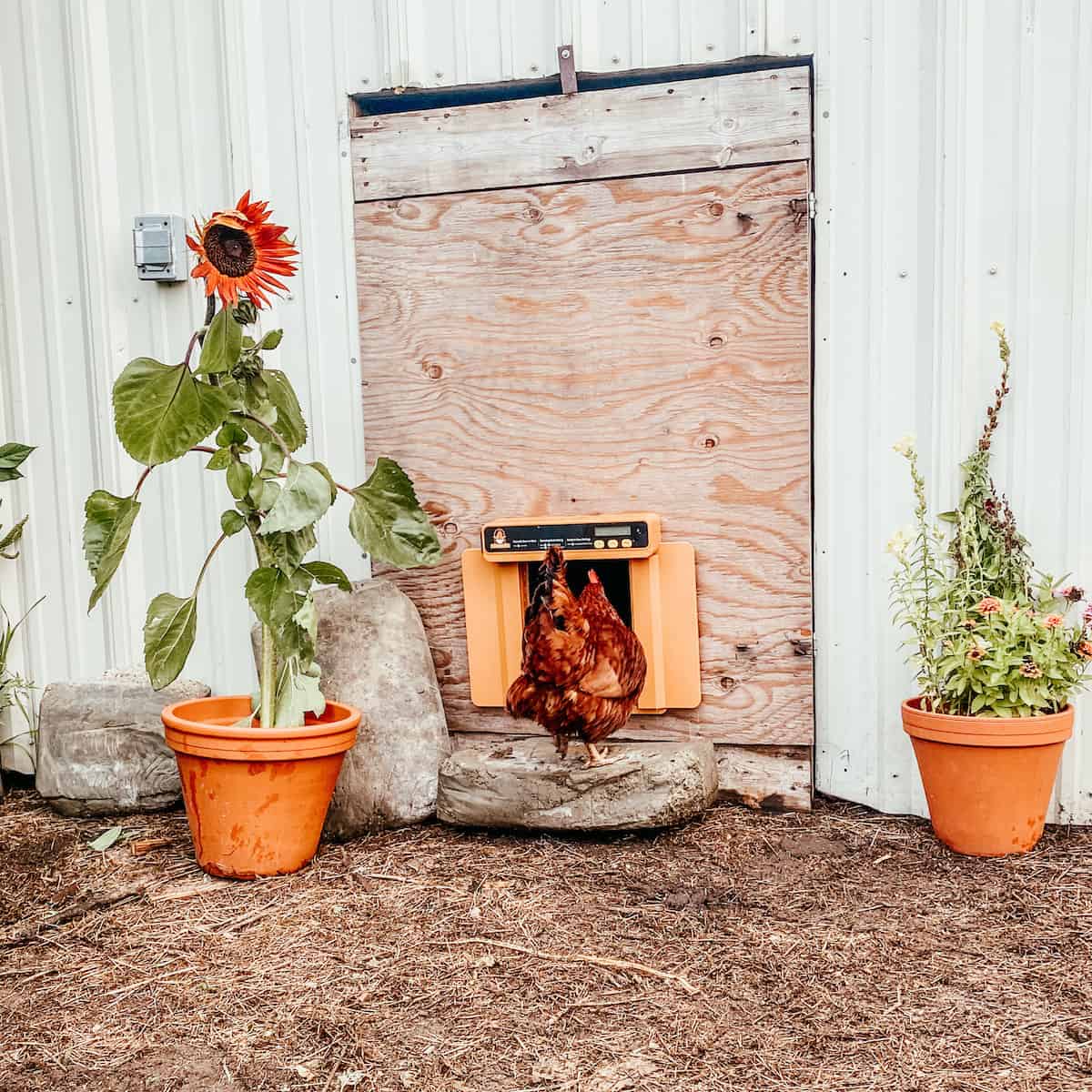
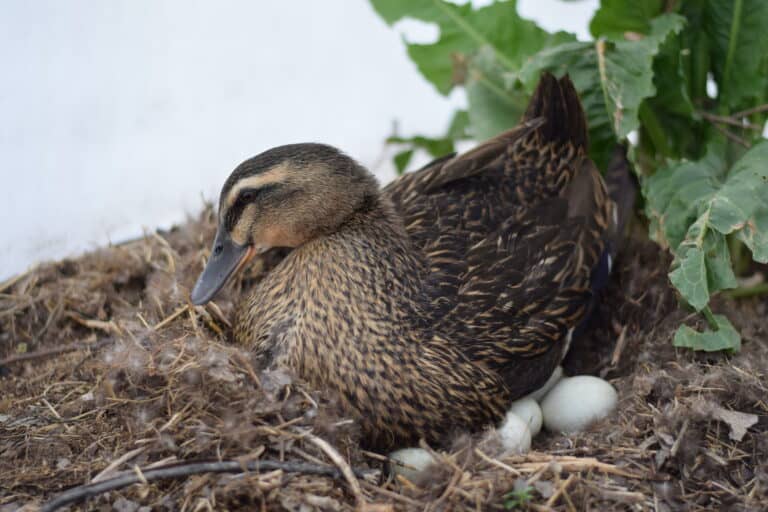
Hello,
I’m looking to purchase goats for clearing the vegetation that has overtook the area from the required clearing according to the forestry management services. After reading the article about the best goats suited for this I am wondering if Nubian goats are going to be an option as I had considered them for their milk in addition to there clearing benefits. How do Nubian goats fit into the grand scheme of things when purchasing goats for clearing?
The reason why they are not on the list is because we have not raised this breed for brush clearing. I’m sure that they would do a good job. However, you mention that you are raising them for milk. I want to mention that how you feed goats will determine the taste of their milk. Some vegetation especially can affect the taste.
Can goats eat knot weed?
Yes, I haven’t found anything in researching that says it is unsafe.
I’m looking to add a goat or two to my small homestead farm to help keep brush back and maintained. We will have cickens and a horse a LSG dog. Any suggestions on where to start, breeds and where to buy goats from.
Hello! I do have a lot of this information inside of this blog post: https://bootsandhooveshomestead.com/best-goats-for-brush-clearing/
Thank you for all the helpful information. We are getting our 1st goats this year.
Thank you! 🙂 That’s so exciting, hope you love them!